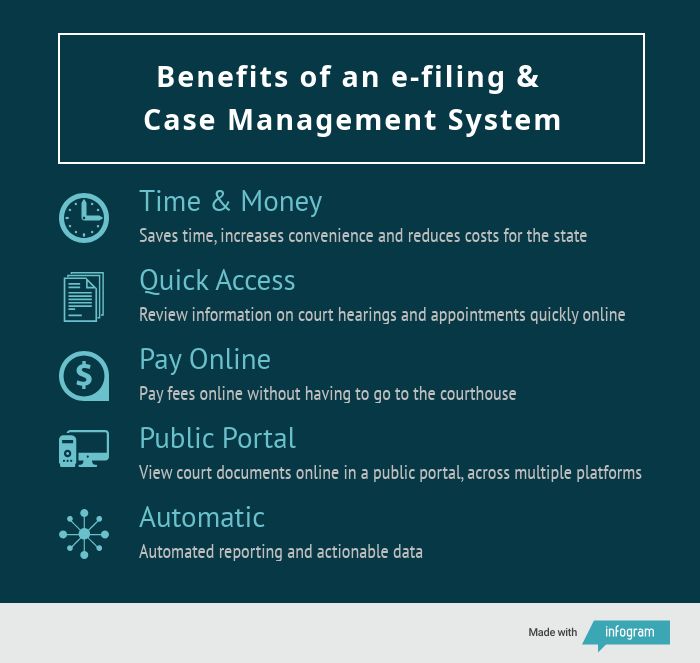A lack of data has created a massive roadblock for committees, task forces and legislators weighing potential major reforms to Maine’s criminal justice system.
Last February, Maine Supreme Judicial Court Chief Justice Leigh Saufley reconvened the state’s Pretrial Justice Reform Task Force, a group of district attorneys, defense lawyers, judges, sheriffs and criminal justice advocates tasked with improving the pretrial process and understanding why — since 2000 — an increasing number of people have remained jailed while awaiting trial.
But the lack of statewide information meant that the group struggled to answer questions that would guide its recommendations. The task force’s 2019 report contained a section bluntly titled, “We Don’t Know.”
“Task Force members were frustrated by the lack of hard data to either confirm or dispute certain suppositions regarding the criminal justice system in Maine,” the report states. “In Maine, we know the pretrial detention rate began increasing in 2000, but we don’t know the reasons why, much less whether the increase is due to defendants being held without bail.”
The frustration comes from a lack of useful data. Right now, it’s nearly impossible to compare criminal case statistics across the state. For example, if the Task Force was interested in comparing pretrial incarceration rates or OUI sentence lengths in York and Penobscot counties, it would be nearly impossible with the data that’s currently available.
RELATED Due Process: Inside Maine’s County Court System
Maine has yet to introduce an electronic system to manage case filings. Early planning to roll out an e-filing and case management system dates to 2004-2005. After a decade of consideration, Maine hired Tyler Technologies in 2016 to implement a system used in 30 other states.
The 10-year contract with Tyler Technologies for its case management and e-filing system called Odyssey will cost Maine $16.8 million and is scheduled to be fully installed by 2022.
Until Odyssey provides usable information, those focused on trying to answer critical questions about the health of Maine’s judicial system will remain frustrated.
The Maine Judicial Branch releases annual caseload statistics, statewide and by region. However, these statistics group all criminal cases into only two categories: new filings and probation violations.

The data on civil cases, on the other hand, are broken down into the type of case, such as personal injury, foreclosure, contract or small claims.
With the new system, Saufley said access to management-related data will improve dramatically. Judicial officials get numerous requests from the Legislature to see trends and patterns in their cases to find out where they need more resources, she said.
“We need to know where to send judges, where to send more clerks or fewer clerks, or where we need more court security,” Saufley said.
The Maine Judicial Branch is working on adding a new component to Odyssey, called re:Search, which will be separate from the e-filing system. This search engine will provide the ability to look at broad, generalized data, such as all filings on a specific date, person or type of crime. It will be subscription-based and only available for a fee, which has yet to be determined.
Many of those datasets will become available online with the new system, especially the more detailed trends such as how many cases get resolved each year, Saufley said. Once the system is up and running and case records have been uploaded, it will become more clear what data will be available.
“We believe that each region has unique criminal charge aspects, unique cultural aspects. Aroostook County does not look like York County in a variety of different ways,” said Saufley. “Learning more about what’s actually in the court in the various regions will help us get resources to them, the right amount of resources for what they need … We’re hoping this will help everyone, including the Legislature, spend state dollars better.”
 UPDATING A 23-YEAR-OLD SYSTEM
UPDATING A 23-YEAR-OLD SYSTEM
Maine’s current case management software system — the Maine Justice Information System (MEJIS) — is 23 years old and has not had significant upgrades since its 1997 installation. It relies on thousands of paper records filed in courthouses across Maine’s 16 counties.
Amy Quinlan, director of court communications for the state, said the current system wasn’t designed to meet today’s technology and data intelligence needs.
“(MEJIS) was designed to support the paper record and associated processes,” Quinlan said. “It was never designed to accommodate electronic filing and the digital record with all its access benefits.”
Maine’s probate courts started the move to e-filing in 2006, as reported in the Bangor Daily News. Lawyers are now required to electronically file all court documents for probate cases. However, probate courts are county-based and separate from the state court system, said Quinlan.
To move the state closer to an e-filing system, the Maine Judicial Branch published a report in 2012, called e-Filing Maine: Improving Public Service and Access to Justice Through Technology. The report states that “Electronic filing is not new. Various systems already exist and benefit many state and federal courts around the country.”
It cites the National Center for State Courts, which has been collecting data on the efforts of states to introduce electronic filing. The national data showed that in 2012, every U.S. state had electronic filing in place or in development. New Hampshire, for example, with a similar population to Maine, piloted its e-filing project in 2013, with an estimated cost of $10 to $12 million.
The National Center for State Courts updated its findings in 2019, showing that the only state that has not started moving toward e-filing is Oklahoma.
PUBLIC ACCESS TO RECORDS
The Maine Judicial Branch created a task force in 2017 to focus on the transparency and privacy of court records, and what information would be available as the courts finally entered the digital age.
Saufley said some cases, such as child protective cases or juvenile misdemeanors, will be kept confidential and not posted online. Saufley and members of the judicial system are working on guidelines to determine what documents will be available.
“It’s always a question of balance. To try to balance transparency and public trust with the need to protect people — who have to come to court — from having their private pain just sort of splashed all over the internet,” she said.
Ed Folsom, a criminal defense attorney in Biddeford, is concerned about the potential lack of privacy for his clients.
“I would like to see (clients) be able to get out from some of these clouds that hang over their lives,” Folsom said. “The more that is out there for people to see, the more difficult it is for you to ever overcome this stuff.”
Saufley said that 70 to 75 percent of records will be available remotely, including criminal and civil records. Some cases still will only be viewable at the courthouse because of privacy concerns.
“Domestic violence is actually controlled by the federal laws. We can’t put those online. With regard to whether it’s a divorce or a family matter case, some of the filings, you just can’t imagine the harm it would do for those to be accessible online,” Saufley said.

DISTRICT ATTORNEY INVOLVEMENT
Since the judicial system announced its partnership with Tyler Technologies, the district attorneys and the Office of the Attorney General have also worked out a deal to update their current case management systems.
Talk of updating the current system, JustWare, started when district attorneys found out it would cost the counties $40,000 more each year to enable JustWare to communicate with the new state court system.

Andrew Robinson, the district attorney for Androscoggin, Franklin and Oxford counties, said the Tyler Technologies solution is compatible with Odyssey and will be more cost effective.
Each district was paying $170,000 for JustWare. Making the switch to Tyler Technologies will bring the expenses down to only $70,000 a year, collectively.
The real expense was the effort to transfer nearly 20 years of data from JustWare to Odyssey, an estimated cost of $1.4 million. Robinson, however, received a grant that funded the project.
“We’re all going to be in the same format and have the same software so we can run similar reports and get the same results,” he said.
For the first time, the district attorneys and the Office of the Attorney General will run on the same case management system and be able to exchange information with the court electronically.
“So the collection of data suddenly becomes more meaningful when you’re trying to get a snapshot of what’s happening in criminal prosecution across the state,” said Robinson.
District 5, which includes Penobscot and Piscataquis counties, will serve as the pilot region for Odyssey — scheduled to go live at the end of the year.
The updates for the DAs and the AG’s office are on a shorter timeline than the court-wide system. District 5 will also serve as the pilot region, scheduled to go live in September, with the rest of the districts and the AG’s office to follow by January 2021.
“I am very hopeful that over the next five to 10 years, technology, which most of the time really just exhausts us, will actually become the benefit we are all hoping it will be,” said Saufley.




